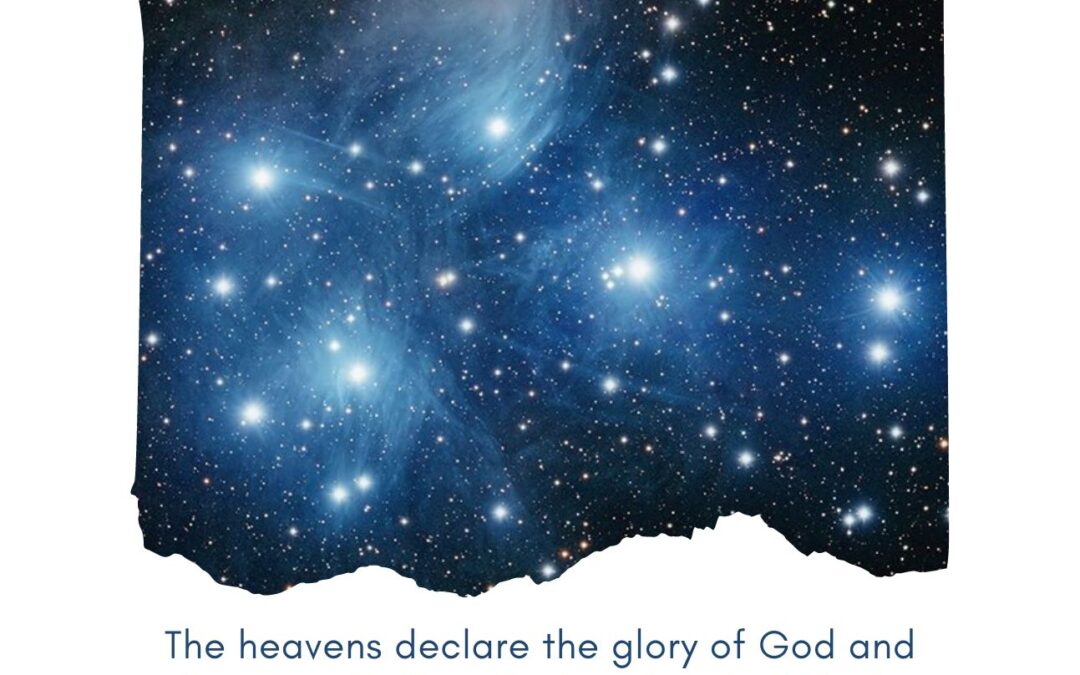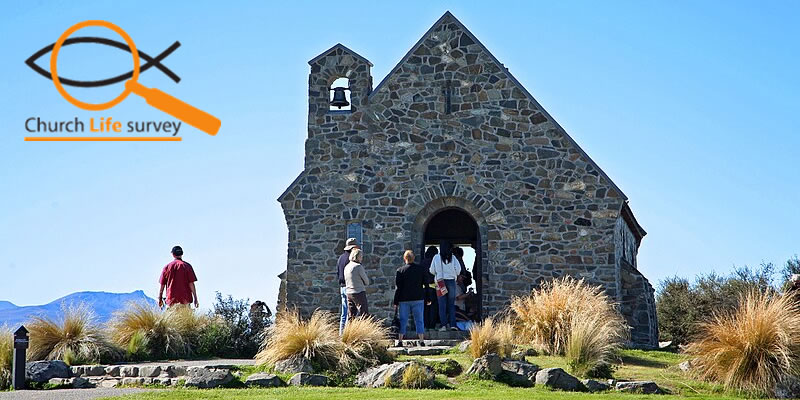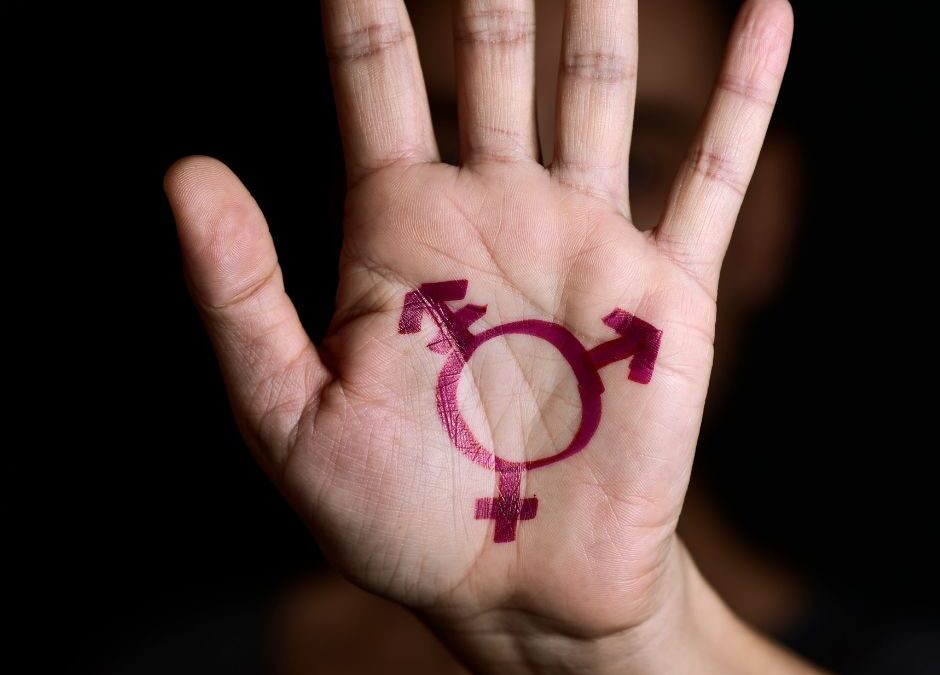
by Dr Stuart Lange | 11 Aug , 2023 | Articles, Christianity in New Zealand
Here’s 15 reasons why you should be there…!
- because this is a very special opportunity to come out of our own corners and to enjoy spiritual fellowship, inspiration, and encouragement with Christian pastors and other leaders from across the wider Body of Christ across New Zealand
- because a national Congress like this only takes place every few years
- because New Zealand is in a period of rapid and deep change, and it’s helpful to process that together
- because the Congress is firmly anchored in Christ, the Gospel, and the Bible
- because the focus of the Congress is ‘Strengthening the church in Aotearoa’, and we all need that
- because the Congress will cover an impressive array of very important topics, all of them related to our Christian ministry and mission, and all of them things we need to grapple with (see below)
- because we have arranged a large number of excellent presenters and panellists, experts and practitioners, and all of them New Zealand people familiar with our own New Zealand contexts
- because there will be no long talks, but just short talks followed by panel discussion and prayer
- because there will be a great choice of useful elective break-outs and forums
- because some things just can’t happen on line, and by being together in one building we will all meet people, make helpful connections and discover useful resources
- because the cost includes several sit-down meals, including Tuesday and Wednesday nights
- because, for upper North Island people, this Congress will be the most accessible it has ever been before
- because, in effect, the Congress is only equivalent to two days
- the long-term benefits of coming will outweigh the benefits of just staying at home and doing your normal work
- because we strongly encourage you to register for the whole time, but if necessary you can register for one day only or two days only

by Dr Stuart Lange | 4 Aug , 2023 | Articles, Christianity and Social & Moral Issues
Sexual abuse has happened, and still happens, in a vast range of contexts, all around the world. It happens in families, neighbourhoods, schools, institutions, workplaces, clubs, sports, in armed forces, and in wars.
Sexual abuse reflects not just lustfulness, but also our dark human capacities for selfishness, delusion, exploitation, domination, violence, and deceit. It is a glaring manifestation of our human sinfulness.
Sexual abuse is never innocent or justifiable or right. And it almost always leaves an enduring legacy of great harm.
It is utterly tragic that considerable sexual abuse has clearly taken place in some Christian churches, church-going families, and church-run institutions such as boarding schools and orphanages. Sexual abuse is always 100% wrong. But for it to happen in church-related contexts is doubly appalling and shameful, because it goes against everything Christian faith stands for, including God’s calls to love, mercy, holiness of heart and mind, integrity, and renewal in Christ.
The scandalous and inexcusable failings of some continue to bring huge reputational harm upon the church at large.
What can we do about all this? Deplore what has happened. Empathise with and pray for those who have been victims. Be compassionate. Support justice. Be vigilant. Ensure our churches have very robust systems, to help protect everyone from harm. Disciple our people well. And be determined to follow Christ in love, integrity, and purity.

by Brad Haami | 8 Jul , 2023 | Articles, Christianity in New Zealand
Matariki is a cluster of stars that rises on the eastern horizon in the early morning winter sky in New Zealand. It’s a sign of the winter solstice and is now marked as a holiday for all New Zealanders. Matariki means ‘tiny eyes’ or ‘eyes of God’.
Reading the stars was only one set of tools the ancestors used to navigate across the Pacific Ocean to Aotearoa. The stars also functioned as indicators of the seasonal cycles of the flowering and fruiting of trees, bird feeding times, planting and harvest times and the migration of marine and freshwater fish. The stars had a lot to do with survival.
The dawn rising of Matariki in winter indicated the completion of harvest and storage and directed people to look forward to the conditions for the new planting season. It was also a time to memorialise those loved ones that had passed away during the previous year and to contemplate learnings from the past year and to look to the future.
As a follower of Jesus living in Aotearoa, how are we to participate in this celebration in a meaningful way without diluting our Christian faith?
Recall what the Bible says about the stars and seasons. The stars are there to glorify God. They are not themselves to be glorified, or be given homage or worshipped. We are called to praise God the Creator of the stars, not to praise creation. The heavenly bodies were created by God and delegated authority to give light, to separate light from darkness and to act as seasonal indicators.
In Genesis 1:14-19 we read how God assigns lights in the firmament of the heavens to divide the day from the night; and let them be for signs and seasons, and for days and years. Then God made the sun and the moon to rule in the day and the night and He made the stars also. And God saw that it was good.
In Deuteronomy 4:19 the people are called not to bow down to the stars. In Psalm 19:1 it says the heavens declare the glory of God and the skies declare the handiwork of God. Psalm 148 calls the heavens, the stars, the moon and the sun to praise the Lord.
In the New Testament the Wise Men follow and read the stars to find the location of the new-born king in Bethlehem. Matthew 16:3 sees Jesus rebuke those who can read the seasonal indicators of earth and sky but are unable to read the signs of the present time.
Both Māori and Christian tradition speak of the role of the heavenly bodies in similar and also in different ways.
So, taking all of this into consideration, can churches in New Zealand observe Matariki? If you ask me, yes, but with a different emphasis in regard to God.
As an example, some of us attend a kapa haka festival in Rotorua at this time of the year, named Te Kaihanga o ngā whetū (The creator of the stars). Groups from churches all around NZ come to praise God in the expression of kapa haka. We have woken at dawn, located Matariki and other stars in the morning sky, glorified God the Creator of the stars with praise, broken bread together, and contemplated the present days to come.
Let us celebrate God at this period of time to praise Him, and to display the manifold wisdom of God to the powers and principalities in the heavens (Ephesians 3:10).
Brad Haami (Ngāti Awa), is a Māori Christian leader, author, and lecturer at Laidlaw College.
Listen to Brad Haami’s 2022 interview on Rema

by Dr Stuart Lange | 20 May , 2023 | Articles, Christianity and Social & Moral Issues, Christianity in New Zealand
Well, certainly not everything. There is still so much about this country to appreciate and enjoy, including God’s beautiful creation, our mix of cultures, and our traditionally down–to-earth ways. And much else.
Our country does, however, have a number of ongoing significant problems, including living costs, expensive housing, the widening disparity between the many who are financially comfortable and the others who work equally hard but constantly struggle to provide for their families, drugs, ram raids, relationship and family breakdowns, violence, poor mental health, suicides, road rage, the road toll, beleaguered health services, environmental degradation, climate change, and extreme weather events. Successive governments appear unable or unwilling to effectively address many of those problems. From a Christian and biblical perspective, these things matter, not least social justice.
There is also a deeper underlying issue in our society. As in other western societies, New Zealand is rapidly losing its previous spiritual and moral anchorage in Christian faith and ethics. For many New Zealanders, there is now little or no regard for God or biblical truth. In public discourse, secularism, neo-paganism, materialism and hedonism generally get a free ride, whereas Christian faith and biblical ethics are often scorned, shunned, or ignored. Some recent legislation such as the extreme new abortion law, euthanasia, and the very one-sided “conversion therapy” law reflect a turning away from a biblical understanding of the God-given sanctity of human life, sex, and gender.
So what do Christians want? We recognise that we are in a free and pluralistic society. What we need is the continuing freedom for Christians to continue to believe, practise, live, and express our faith, without unjust restriction or discrimination – at home, at study, at work, and in the public square (and we want the same for everyone). For the sake of our young people, we would like to see an easing up of the relentless promotion of new identity ideologies.
We would of course be delighted to see a widespread move in society back to faith in Christ and the Bible, and a more just and ethical society. But only a great sovereign move of the Spirit of God can achieve that.
Do we want to coerce unbelievers to believe, or to compel them to behave in Christian ways? Absolutely no. Compulsion never changes the human heart.
Do we feel political action could change New Zealand? Politics and laws can make a significant difference, for good and for evil. We must pray for Christian MPs, and for all MPs, and for God to raise up further Christian MPs with courage and strong moral influence. Christian people should seek to be salt and light across the whole political spectrum.
What is above all needed in New Zealand, however, is a profound spiritual sea-change, in which a great many people in New Zealand are stirred by the Spirit of God, and discover for themselves the life-transforming grace and truth of God as revealed in Christ and the scriptures. Certainly this is something we can and should pray for (and indeed, several hundred people gathered in Wellington this last week to do just that).
And ultimately we look forward to the new heaven and earth, when Christ shall be over all things, and there shall be no evil or suffering, and the reign of God’s peace and justice shall be established forever.

by Ben Mai | 5 May , 2023 | Articles, Featured
Do you know that in New Zealand we have a nationwide survey of church attenders? The Church Life Survey NZ (CLS) takes place every 5 years, in Census years.
Has your church significantly changed since the pandemic? The CLS is an opportunity to find out who is part of your church and what their demographic profile is.
The health of our people is important – perhaps more than ever. The CLS provides a snapshot of the spiritual health of your church.
Leaders who grow are leaders who seek out feedback on their leadership. The CLS provides feedback on your leadership and the future direction of your church.
Benchmarking your church against others is a healthy practice. The CLS enables you to benchmark your results against others in your group or denomination, and against national averages
You’re contributing to a national picture of NZ church life. The CLS provides meaningful information about the size & structure of the church in our nation. It’s unique, we don’t have other info like it.
The idea is to maximise participation within your church. The survey takes attenders 10-15 minutes to complete via smartphone, laptop or tablet, or pen & paper. A handy feature is that results are available in real time to church leaders. Both standard reports and you can build your own reports.
I believe the NZ Church would benefit from knowing more about ourselves, our church life, our faith life, our community interaction, and our opinions on the future of the Church. Good data helps inform wise decisions.
Already, many denominations, movements and churches from across NZ have signed up. It is simple to do so and at $60 for one church, it is very well priced for what you will receive.
Can I strongly encourage your church or denomination or movement to participate in the 2023 Church Life Survey NZ?
Register your group / denomination / movement or church at any time via the website. If you are registering as a group, do that first before you register churches within the group.
We very much encourage your local church to take part in the Church Life Survey, which happens every five years. Through this, leaderships of participating churches will receive excellent up-to-date data about their own churches. This includes your church’s demographics, and your own people’s involvement, beliefs, values, and attitudes. The aggregated (and anonymous) survey results also contribute to a much better understanding of the New Zealand church scene, across different generations, denominations, independent churches, regions and cities. Participating churches will easily be able to see how their own church fits into the wider picture.

by Dr Stuart Lange | 26 Apr , 2023 | Articles, Christianity and Social & Moral Issues
Until very recently, all human cultures believed – and many still do – that, apart from very rare cases of biological intersexuality, all humanity is comprised of two biological sexes or genders, male and female, and that it is not possible to move from one to the other.
In recent decades, however, transgenderism has sprung up, and in many western societies has become extremely prominent. Transgender ideology asserts that gender identity is distinct from biological sex, and that human beings may adopt gender identities that differ from their sex at birth. Many who transition to a new gender identity say they do so because they feel deeply uncomfortable in the biological body and sexual identity they were born into, and undergo chemical, hormonal, and surgical procedures to make their bodies more similar to that of their desired gender identity.
The premises of transgender ideology are not strongly grounded in biological science, but are nevertheless widely accepted and promoted – in education, media, legislation, and corporate policies. Children and young people can be presented with a smorgasbord of sexual preferences and gender identities, with the implication that they should choose. Some children are encouraged by parents to identify with a gender that differs from their biological sex. Some adolescents are given puberty blockers.
Out of deference to “transwomen”, many politicians are now bizarrely unwilling to acknowledge the previously unchallenged and universal truth that a woman is an adult female person. Also, if someone now advises someone else against becoming transgender, they could be acting unlawfully.
Those who question transgenderism are increasingly considered as bigoted, offensive, and inducing harm or suicide among transgender people.
In the face of all this, how might Christians respond? Here’s some suggested approaches to think about and discuss…
- On the authority of the Bible, Christians believe that humanity is created male and female, in the image of God, and these are foundational beliefs about both the nature of God and the nature of humanity. In a free society we must continue to be free to hold and articulate such beliefs and to live in accordance with them.
- In a free society, we must also accept the right of adults to seek to change their “gender identity” if they so wish, and allow space for them to live their own lives.
- In keeping with the biblical mandate to love others as much as ourselves, Christians must absolutely show love and compassion towards all those who for whatever reason have become transgender, and must show them kindness and respect as fellow human beings. A good question to ask ourselves is, how would we want these people to be treated if they were our son or daughter, brother or sister? Would we want them subjected to mocking or hostility?
- We need to recognise that it is far from an easy road for transgender people. Some have underlying issues of self-acceptance, anxiety, depression, and mental health challenges. Chemical, hormonal and surgical interventions may change people’s overall appearance, but cannot ultimately change their biological sex. Such interventions will usually affect their ability to have children, and may involve ongoing medical problems. Some later regret their earlier choices, and attempt to de-transition.
- As Christians, we utterly deplore all violence or incitements to violence against anyone, including transgender people.
- On the basis that children and young people need to be protected against making major life decisions that they cannot possibly fully understand, we have profound ethical concerns about the promotion of transgender ideology among children and teenagers. Parents need to be aware of what their children are being exposed to, protect them, and nurture them well.
- Because a very high percentage of cases of gender dysphoria are resolved with the onset of puberty, we do not agree with the use of puberty blockers.*
- We empathise with those women who feel unsafe with “transwomen” using women’s facilities, and favour separate facilities being made available where practicable.
- On the grounds of freedoms of belief, opinion, and expression, we believe that no one should be placed under pressure or coercion – in law, employment, or the public square – to accept transgender ideology, including the very contestable claims that gender may differ from sex at birth, and that there are many different genders.
- We insist that in rejecting many of the premises of transgender ideology we do not in any way “hate” transgender people, but just see some important things differently. In a free society, people’s rights to hold different viewpoints must be scrupulously upheld.
- As Christians, we believe that ultimately our true identity, transformation, and meaning are not to be found in sexuality or gender, significant though those are, but in fellowship with God through living faith in Christ.
* American Psychiatric Association: Diagnostic and Statistical Manual of Mental Disorders, Fifth Edition, Arlington, VA, American Psychiatric Association, 2013 (455).











